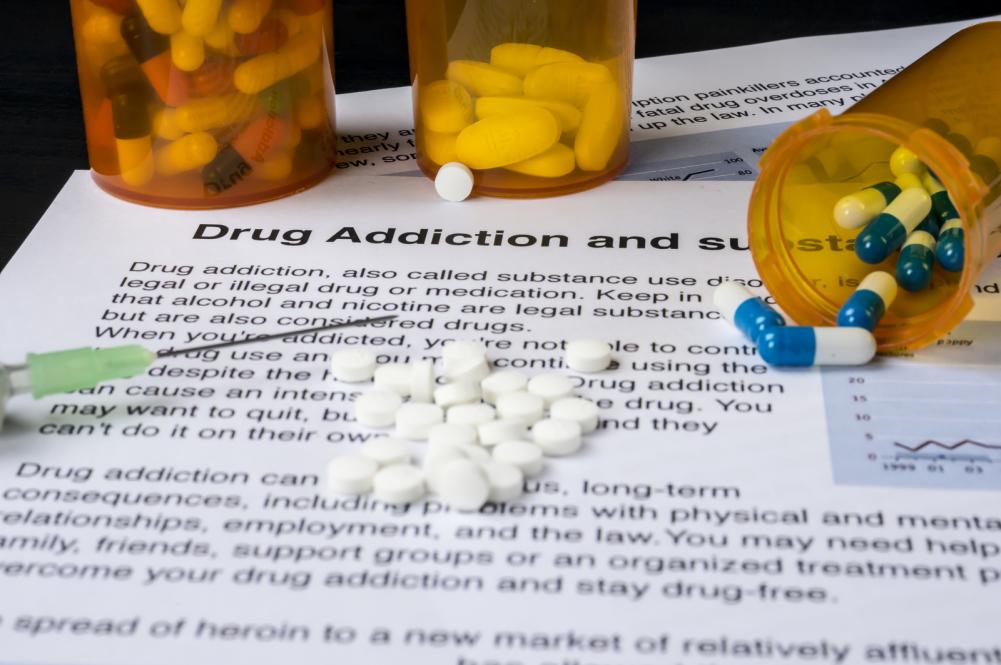The Trump administration’s opioid commission has come under heavy fire by at least one member, who told CNN on Monday that the commission’s work leaves much to be desired. “Everyone is willing to tolerate the intolerable — and not do anything about it,” former Democratic Rep. Patrick Kennedy, one of six members appointed to the bipartisan commission in March, told reporters. “I’m as cynical as I’ve ever been about this stuff.”
What is the commission doing wrong to gain such an angry declaration? One reason critics are angered is they view the commission as a Band-Aid and the Administration’s broken promise. Last October, President Trump finally declared opioid addiction to be a 90-day public health emergency after promising for several months to do so. Unfortunately, the declaration was in words only, and there was no additional money pledged to prevent overdose deaths or help people with substance abuse disorders get the help they needed.
Where’s the Money to Battle Addiction?
President Trump promised his third quarter salary to the Department of Health and Human Services to help fight the crisis, which would equal about $100,000 total. For one person to attend an inpatient treatment center for 30 days, costs range from about $14,000 to $27,000. Trump’s salary donation could help 4 or 5 people enter drug treatment. It could not build a treatment center (which cost from $600,000 to millions of dollars to make) and would quickly disappear if spent on lifesaving measures such as naloxone – an opioid antagonist – for first responders.
No supporting government funds were diverted to help deal with this crisis, even though a declaration exists. In addition to Trump’s “donation,” current resources that are available for use amount to $57,000 to battle the addiction crisis. Experts say that the US needs about $183 million to in the next ten years to address the crisis, stem the flow of drugs to recreational users, and save thousands of lives. Every 19 minutes, somebody in America dies from an accidental overdose, and few states have the resources to get people help before this happens. Many treatment centers rely on Medicaid to pay the bills for their residents, which has also been threatened by the current administration.
The Opioid Commission in Name Only?
To add insult to injury, the Opioid Commission, which meets every month or so, is powerless to spend money on any lifesaving measures. While the acting Secretary of the Department of Health and Human Services, Eric Hargan, renewed the national public health emergency for another 90 days, without money there are no resources. The commission meets, but they are unable to approve any initiatives due to lack of funding.
“This and the administration’s other efforts to address the epidemic are tantamount to reshuffling chairs on the Titanic,” said Kennedy. “The emergency declaration has accomplished little because there’s no funding behind it. You can’t expect to stem the tide of a public health crisis that is claiming over 64,000 lives per year without putting your money where your mouth is.”



Leave A Comment
You must be logged in to post a comment.